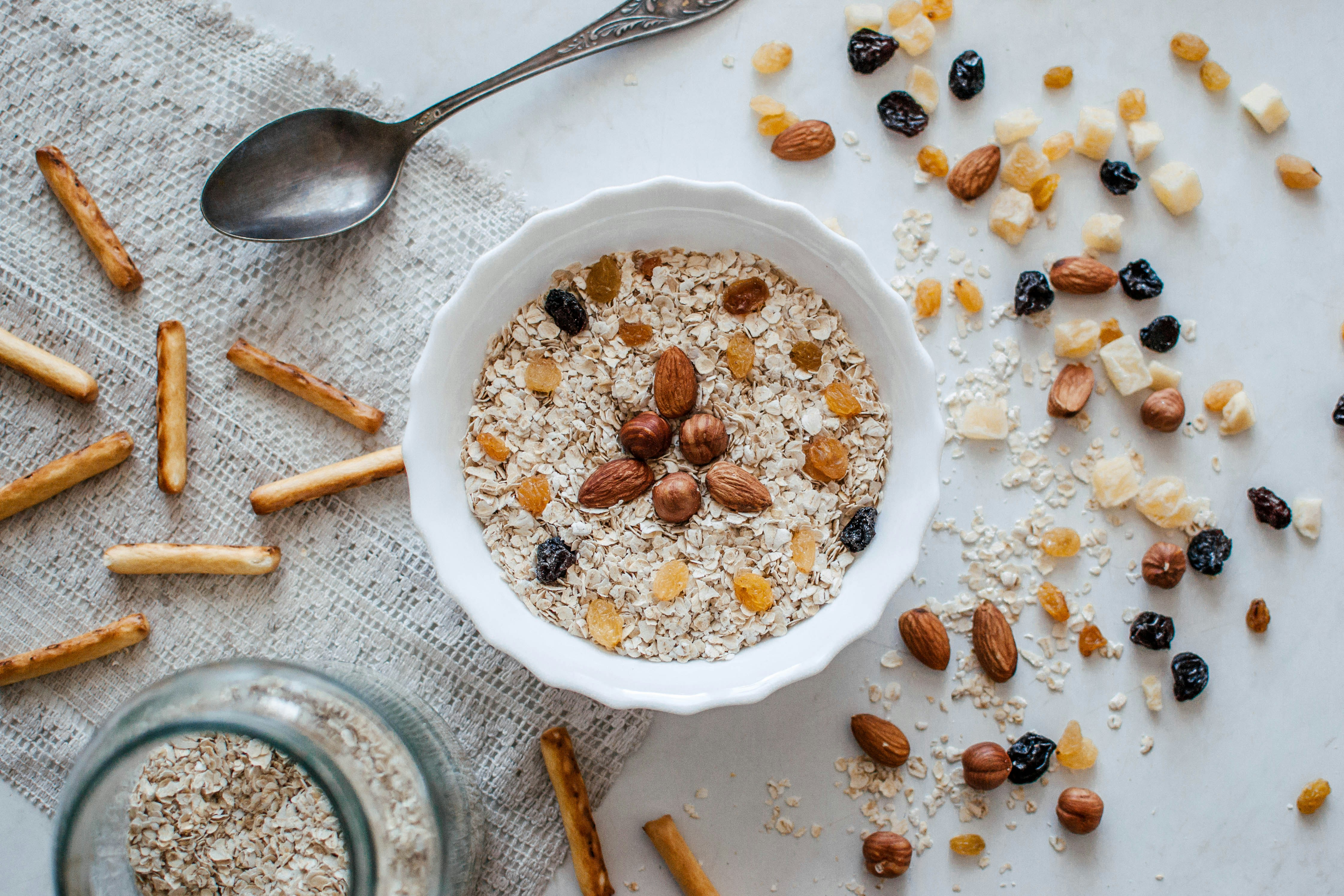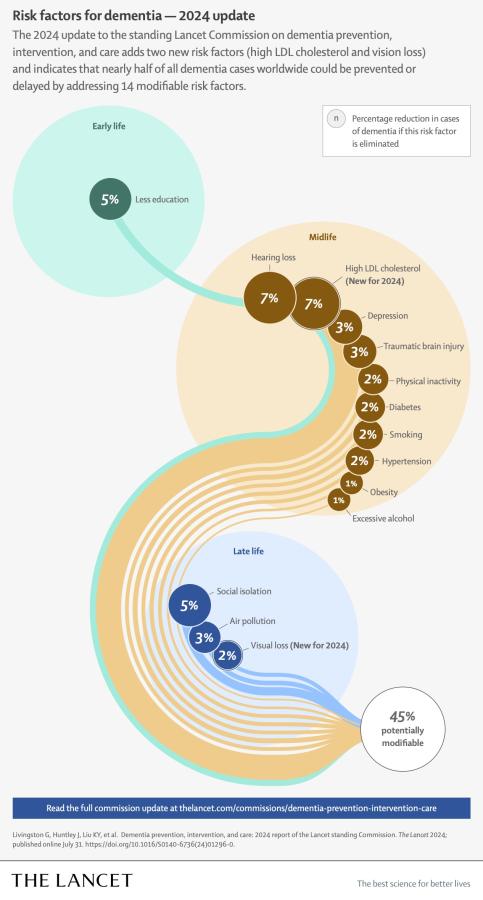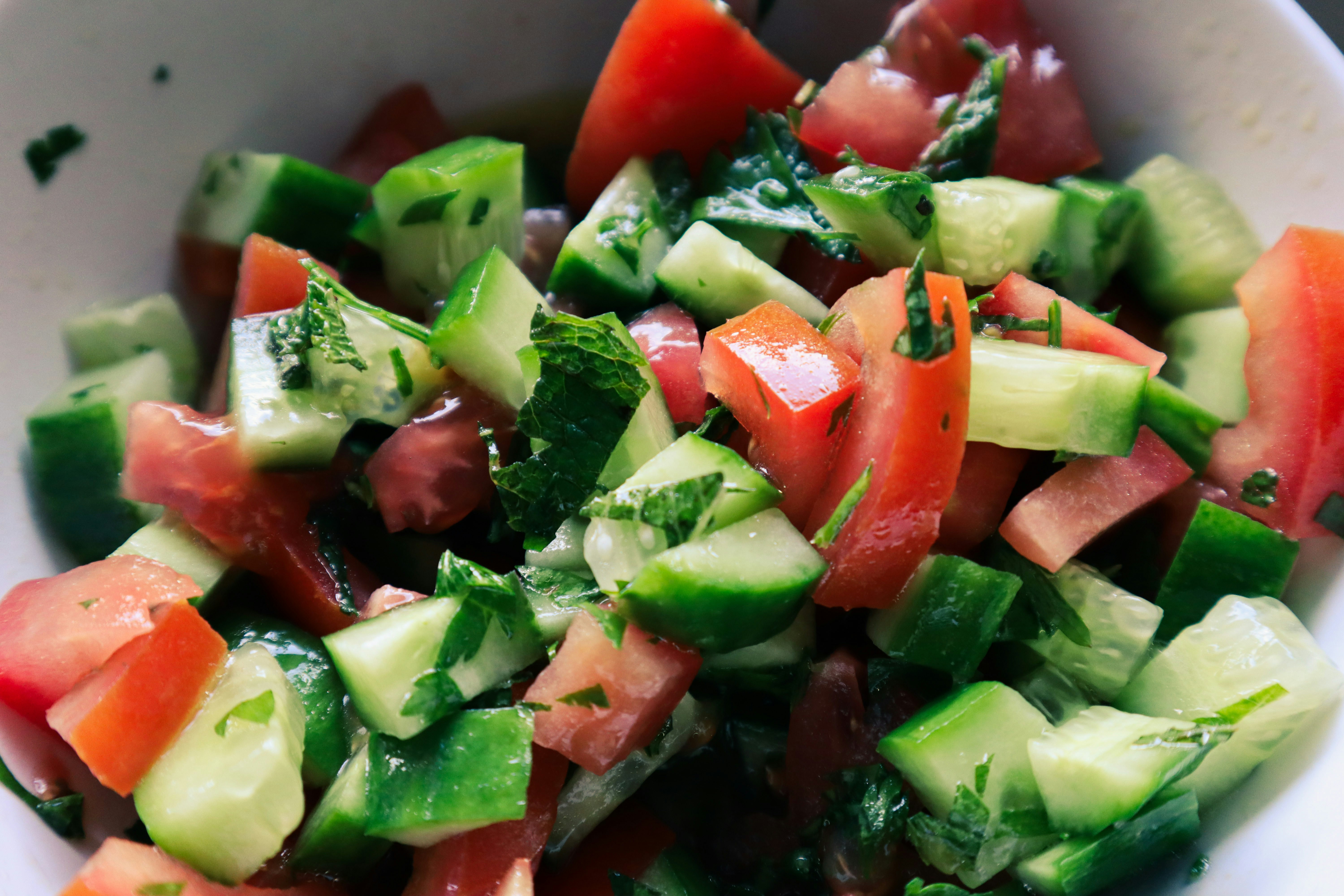 Photo by Margarita Zueva
Photo by Margarita Zueva
The thermic effect of food (TEF) is the amount of energy it takes for your body to digest, absorb, and metabolize food. Certain foods, particularly protein-rich foods and complex carbohydrates, require more energy to digest and absorb, leading to a higher metabolic rate and improved energy levels.
High-thermic foods are specific foods that require the body to use more energy to digest than the energy they provide. These foods are important to boost metabolism, support digestion, improve energy levels, and help burn more calories. Protein has the biggest thermogenic response with around 20-30% of calories being expended during digestion, Carbohydrates about 5-15%, and Fat the lowest at 0-5%.
High-thermic foods
- Protein has the biggest thermogenic response and is one of the best macronutrients if you’re looking for weight loss and muscle mass retention. Protein-rich foods are fish, eggs, lean meat, and dairy products. Plant based protein include tofu, lentils, beans, and nuts.
- High fiber foods such as whole grains can help you feel full longer along with help with burning calories. Brown rice, oats, and quinoa are some examples.
- Spicy foods such as chilli peppers and cayenne pepper contain a bioactive component called capsaicin which increases your body temperature, makes you sweat, and helps to up metabolism and burn calories.
- Green tea-contains catechins which increases metabolic rate
- Fibrous vegetables-are high in fiber and have high thermic effect. Examples are spinach, kale, and broccoli.
Factors that effect TEF
- TEF decreases with age
- TEF decreases with obesity, type 2 diabetes
- TEF is about 31-45% higher in those that are physically active
While we can take advantage of the thermic effect of food and practice some mindful eating, eating a balanced diet with regular physical activity is what is important to maintaining a healthy weight.

 Photo by
Photo by